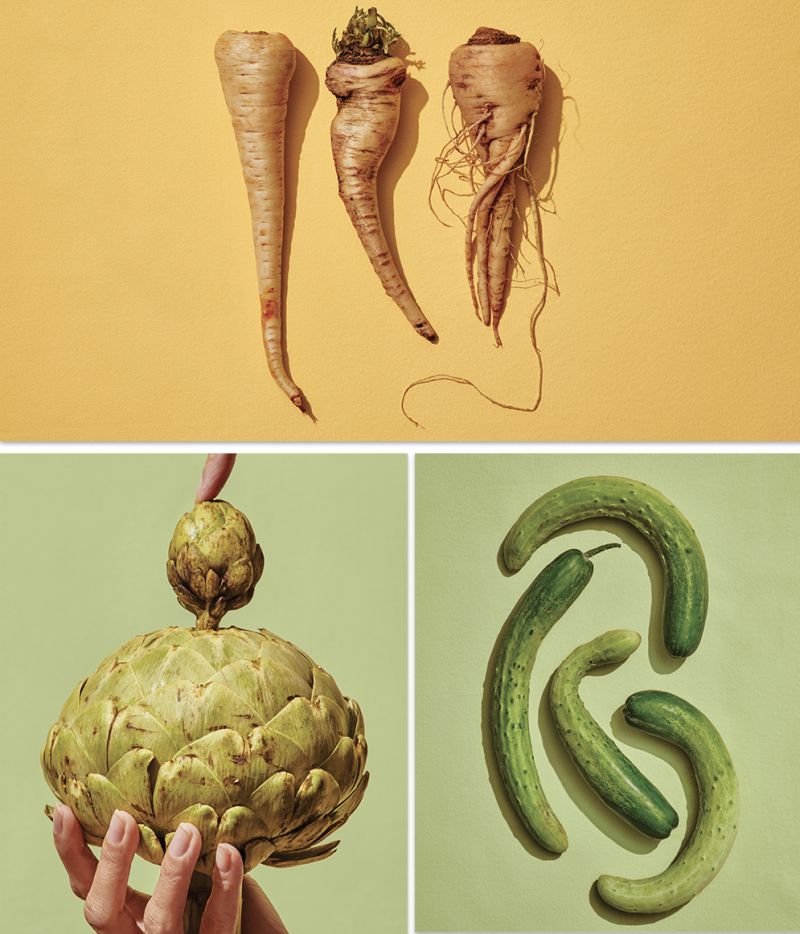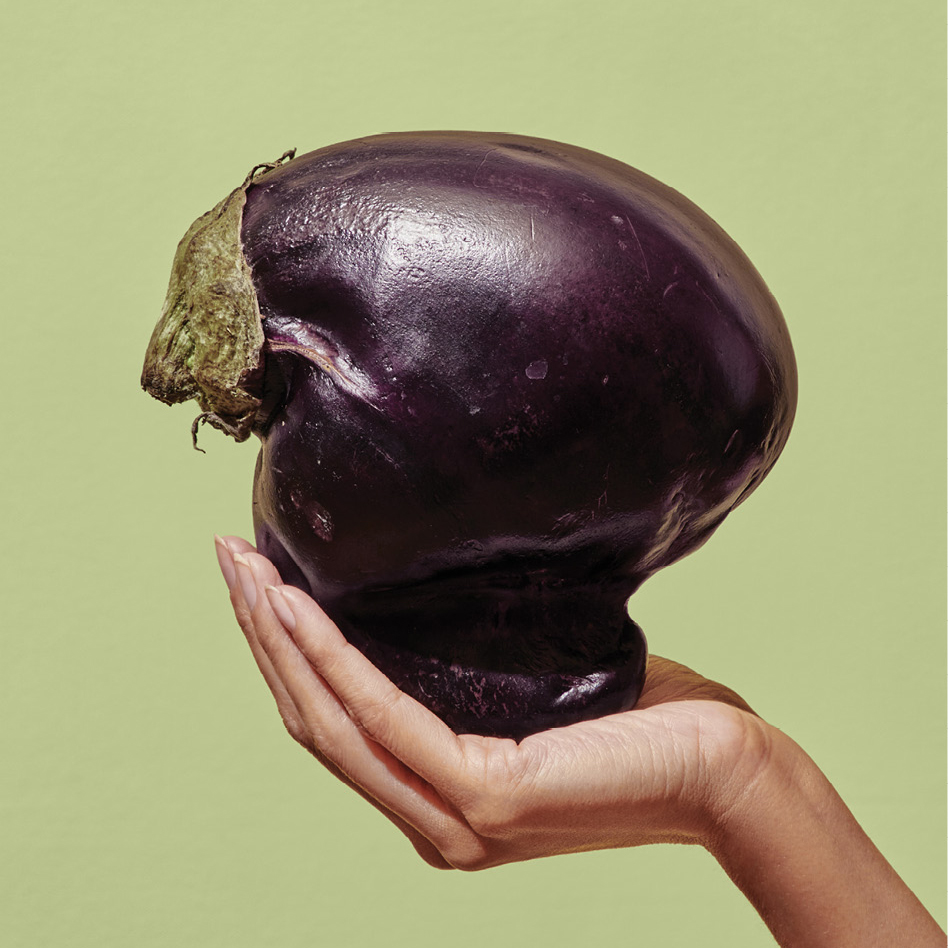Companies such as Misfits Market expand their reach to the Southeast

KNOTTY BY NATURE: Ugly produce delivery services can be customized to household size and include certified organic, non-GMO produce, handpicked from farms and partners around the country.
When was the last time you spotted a three-legged carrot in your grocery store? How about gnarly tomatoes, or aubergines sporting a snout? These vegetable oddities have long been deemed cosmetically imperfect and thus unfit for retail shelves; but where does all that peculiar produce go?
Billions of pounds of fruit and veg—some 30 to 40 percent of our country’s food supply—remain uneaten each year, says the US Department of Agriculture, and roughly one-fifth of all produce never even leaves the farm. According to the Environmental Protection Agency, discarded food is the single largest refuse found in US landfills, and the methane released from that decomposing matter is a serious ecological dilemma, contributing to greenhouse gas emissions 25 times stronger than car exhaust pollution. To help combat the problem, a handful of home delivery box companies—such as Imperfect Produce, Hungry Harvest, and Misfits Market—are fostering an “ugly food” movement. Their angle? Getting consumers to dig into affordable fresh foods by selling rescued product at a discount.
“Many people believe a fruit or vegetable that doesn’t look pretty must taste bad,” says Abhi Ramesh, founder and CEO of New Jersey-based Misfits Market. “In fact, surface scarring, bumps, and slight discoloration are all common to organic produce.”
This summer, Misfits (the greenest of the bunch at just over a year old) extended its efforts to the Southeast, delivering to every zip code in DC, Maryland, Florida, Georgia, and the Carolinas. The service is a unique addition to the region’s abundance of CSAs and even partners with regional purveyors such as Monetta’s Watsonia Farms.

ODD LOT: Misfits Market says it has rescued more than 15 million pounds of produce that would have gone to waste.
Naturally, there are detractors; some argue that, similar to meal kit companies such as Blue Apron and Sun Basket, these concepts are not inherently sustainable, suggesting that by shipping in elaborate disposable packaging, Misfits and its contemporaries are inadvertently trading one carbon footprint problem for another. Nonprofits such as GrowFood Carolina believe a better solution can be gleaned at the local level.
GrowFood, an offshoot of the Coastal Conservation League, took root in 2011 to sow relationships between the local farming community and commercial buyers, which benefits approximately 100 area growers. “Given our work’s perishable nature, food waste is a huge issue for any organization in produce,” says Anthony Mirisciotta, the newly installed general manager of GrowFood. Mirisciotta has worked in agribusiness coast to coast. In his current position, he sends unsold produce to Lowcountry Food Bank, which quickly disseminates goods via an internal network. Anything this primary partner can’t use is then donated to Lowcountry Street Grocery or Stone Soup Collective.
Food banks, however, can only deliver, prepare, and serve a fraction of the national produce surplus. “Overall, ugly produce companies are doing a great job representing this market,” affirms Mirisciotta, who’s seen the companies buy truckloads of stranded produce. “Throughout history, farmers have bred most varieties to come out of the ground exactly how we want them to look on grocery shelves,” Mirisciotta points out. “There aren’t a million of those weird twisted carrots. Most are long, straight, and retail ready.”
But aberrations do add up. Misfits Market says it has rescued more than 2.5 million pounds of produce that would have otherwise gone to waste. Better to wind up on your doorstep than the landfill? We’ll let you decide.